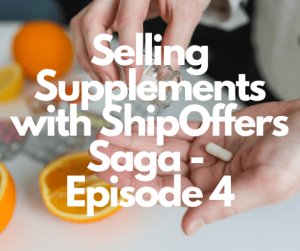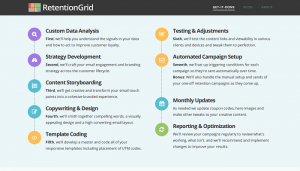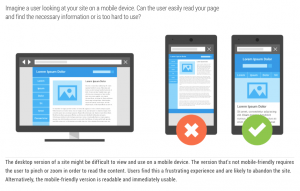— November 19, 2018
Topics that are usually buried on page 20 of newspapers are finding their way to the front pages due to the current domestic and global political climate, and one of those is international trade.
This is no more apparent than with the drama surrounding the so-called Brexit – the exit of Great Britain from the European Union. And with President Trump’s penchant for striking deals with individual rather than dealing with a bloc of countries, Brexit is especially interesting to U.S. exporters and those who would like to get into exporting.
Peter J. Cazamias, associate administrator for the Office of International Trade with the U.S. Small Business Administration (SBA), not long ago wrote about the growth potential for small business through exports. He listed several roadblocks for this and one of the biggest has historically been barriers to entry.
Frankly, dealing with the web of regulations governing the European Union has made it very difficult for small business owners to generate the required enthusiasm, energy, and capital required to start exporting to European nations.
A free trade deal opportunity
Once Brexit is complete, experts are predicting a quick U.S. trade deal with Great Britain and this makes a lot of sense – no longer part of the EU, the British will be extremely motivated to get on board with the U.S. mammoth trading partner. This should put the U.S. in a strong negotiating position that will lead to a much “freer” free trade deal than we’ve previously enjoyed with the E.U.
Further, some libertarians on both sides of the Atlantic are drawing up a free trade framework that would be “more liberalizing than any other free trade agreement in the world,” according to a report in The Guardian.
And, there’s another fact that makes the Brexit-U.S.-trade-deal scenario even more appealing to U.S. small business owners: We have so much in common culturally with the Brits that the vast majority of our products and services are a natural fit.
Anyone who has been following the news knows that much of the chatter today is about a “hard Brexit” and a hard Brexit has even more implications – most of them positive – for U.S. small business owners.
Will they wine over cheese names?
If British and E.U. negotiators can’t agree on a way to ease Great Britain out of the E.U. via thousands of mutual agreements covering beau coup situations, the prices of many products and services could rise dramatically for the British. Among them is wine from the continent, whose price could jump as much as 22 percent. And, it’s even worse for cheese, where massive import duties could raise prices for imported E.U. cheese by as much as 74 percent.
While it’s not time to load shipping containers yet, it’s certainly time to keep a close eye on Brexit progress and any ensuing U.S. trade negotiations with Great Britain. And, one thing you’ll want to watch is the thorny issue of geographically identified products. While American companies, both big and small, consider something like Feta cheese to be a type of cheese, officials in the E.U. don’t consider anything produced outside of Greece as Feta cheese.
A hard Brexit would probably mean that the British would not be bound by the E.U.’s strict protection of geographically identified products and that could have U.S. champagne makers (among others) toasting until the wee hours of the morning!
But whether we have a hard Brexit or a soft Brexit, the implications will be big for U.S. businesses. As the short-term benefits of the recently lowered taxes work their way out of our economy, perhaps easier trade with Britain will give business owners an opportunity for renewed growth.
Business & Finance Articles on Business 2 Community
(73)






